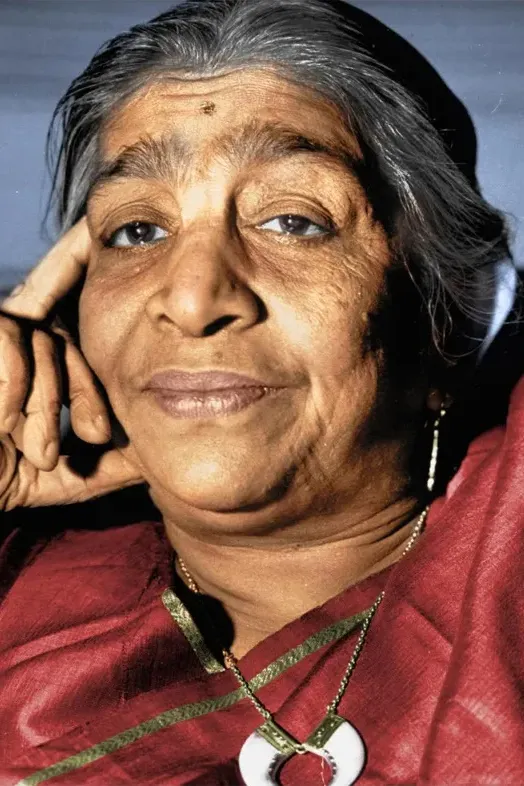
Personal info
Known for
Ultimate Talent
Gender
Female
Birthday
13 February
Location
Telangana, India
Edit pageSarojini Naidu
Biography
Sarojini Naidu, born on February 13, 1879, in Hyderabad, was a renowned Indian poet, freedom fighter, and the first woman to become the president of the Indian National Congress. She was the daughter of Aghornath Chattopadhyay, a scientist, and Barada Sundari Devi, a poetess. Sarojini was a prodigious child, displaying her literary talents from a young age. She completed her early education at the Nizam's College in Hyderabad and later went to England, where she studied at King's College London and then at Girton College, Cambridge.
Her academic brilliance was evident when she excelled in her studies, gaining recognition for her poetry, and soon her literary work was being widely praised. In fact, her first collection of poems, In the Bazaars of Hyderabad, was published when she was just 13 years old.
Literary Career:
Sarojini Naidu's poetry was marked by its lyrical beauty and the use of vivid imagery. She became known as the "Nightingale of India" for the musical quality of her verse. Her works often depicted Indian life, nature, and her deep patriotism for the country. Her poetry reflects themes of love, death, beauty, and patriotism, all woven with a rich, emotional depth.
Some of her most famous works include In the Bazaars of Hyderabad, The Gift of India, The Ballad of Puran Bhagat, and Indian Weavers. These poems illustrate her deep emotional connection to India’s culture and heritage. Naidu's poems also focus on the social issues of her time, including the role of women in society and the need for freedom and independence from British colonial rule.
Career and Role in Freedom Struggle:
While Naidu’s literary works gained her recognition, her contributions to India's struggle for independence were equally significant. Sarojini Naidu was drawn into the political fold through her strong ties with prominent leaders like Gopal Krishna Gokhale, Dadabhai Naoroji, and, most notably, Mahatma Gandhi. Inspired by the need for national liberation, she joined the Indian National Congress and became an important member of the Indian freedom movement.
Naidu’s eloquence and persuasive abilities made her an influential voice in the political circles of the time. She participated actively in the Salt March of 1930 and was jailed multiple times for her involvement in anti-colonial protests. Sarojini Naidu was a key figure during the 1930s, advocating for civil rights, the inclusion of women in politics, and the peaceful independence movement.
In 1942, she was arrested once again during the Quit India Movement, which became the last major push for Indian independence. Sarojini Naidu’s role in mobilizing people across the nation was significant, and she earned the affection of the masses, becoming one of the most beloved leaders of the Indian freedom struggle.
Legacy:
Sarojini Naidu’s legacy extends far beyond her poetry and political activism. In 1947, following India’s independence, she was appointed as the first woman governor of Uttar Pradesh, making history as one of the first women to hold such a significant political office in post-colonial India.
She passed away on March 2, 1949, but her contributions to both literature and the nation are remembered to this day. Her works continue to inspire generations of poets and writers. Sarojini Naidu’s life is a testament to the power of literature, the strength of the human spirit, and the dedication to one's country.
Through her career, Sarojini Naidu broke barriers, from being a poet to becoming a politician, and eventually earned the title "The Nightingale of India" due to the melody and rhythm in her writings. Her legacy as a leader, a poet, and a freedom fighter remains unparalleled.